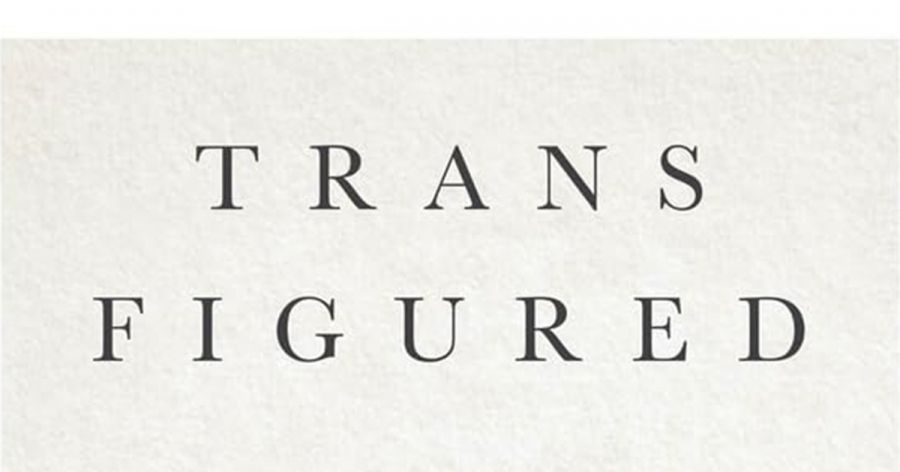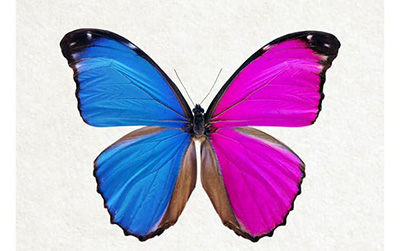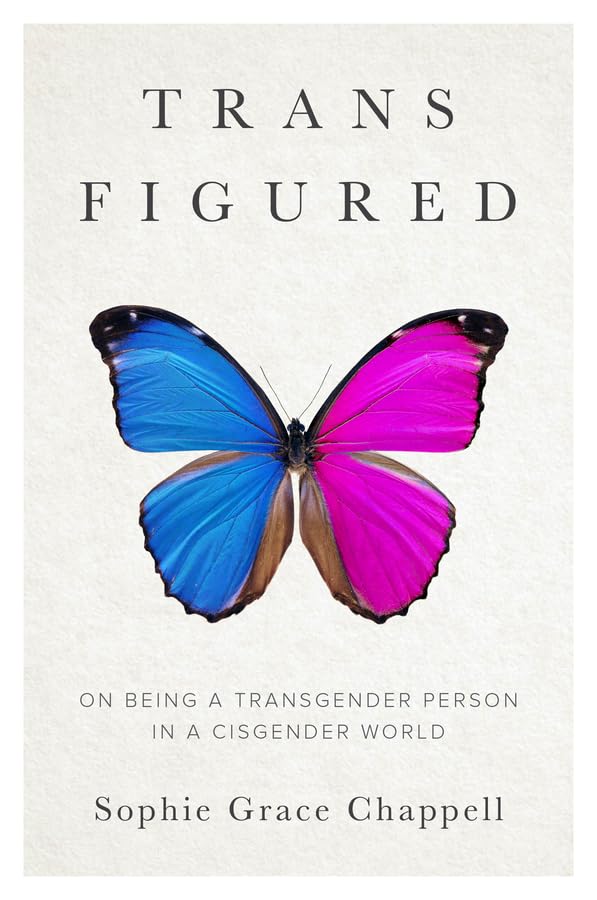
- Free Article: No
- Contents Category: Gender
- Review Article: Yes
- Article Title: Trans melancholy
- Article Subtitle: An unapologetic bricolage
- Online Only: No
- Custom Highlight Text:
‘I am an advocate of transgender people because we’re people [who] deserve to have a voice ... and by and large we don’t have a voice. By and large, our experience is squeezed out – by trans-exclusionary ideology.’ On the face of it, this justification by Sophie Grace Chappell for her new book, Trans Figured, is rather puzzling. In recent years, publishers have been falling over themselves to publish transgender memoir, with Chappell’s own publisher, Polity, mining this genre with books supporting both sides of the gender ‘debate’. Far from being squeezed out, transgender voices have become profitable commodities in the literary world.
- Featured Image (400px * 250px):

- Alt Tag (Featured Image): Jack Nicholls reviews ‘Trans Figured: On being a transgender person in a cisgender world’ by Sophie Grace Chappell
- Book 1 Title: Trans Figured
- Book 1 Subtitle: On being a transgender person in a cisgender world
- Book 1 Biblio: Polity, $51.95 hb, 239 pp
- Book 1 Cover Small (400 x 600):

- Book 1 Cover (800 x 1200):

Chappell’s defensive position makes sense once we realise that she is Professor of Philosophy at Britain’s Open University. If the counter-revolution against transgender liberation has succeeded anywhere, it is in the United Kingdom, especially in the academy. ‘A bombardment of public transphobia’ is how Chappell characterises the current poisonous atmosphere in the United Kingdom, and anybody glancing at the tabloids would be hard pressed to disagree with this assessment.
In that context, Chappell’s book is best understood not as monologue but as a Socratic debate with an absent voice – the voice of her accusers. As such, it culminates in an open letter to the world’s most famous trans-exclusionary feminist: J.K. Rowling.
Trans Figured sets itself apart from other transgender memoirs by taking a broader philosophical perspective on a very personal subject. Chappell is a devoutly Christian British academic with six books of ethical philosophy under her belt. She quotes Goethe and includes her own translations of Homer. Her highbrow style is delightfully distilled in lines such as, ‘understood a certain way, [detransition] seems to challenge the Hegelian narrative of irreversible enlightenment’. Structurally, Trans Figured is an unapologetic bricolage, combining pieces written over several years. The book encompasses autobiography, ethical treatise, speech, and science fiction.
Chappell’s memoir, which takes up three-quarters of the book, is of a repressed trans woman coming to terms with her identity in later life (she transitioned in 2014 at the age of forty-nine). These vignettes, though touching, offer little novelty to the connoisseur of trans melancholy, except for their examination of Chappell’s Christian faith, which Chappell parallels with gender dysphoria as something a child just knows in their heart, before they have words to express it.
The book hits its stride in the relatively brief philosophical argument that Chappell builds in the final chapters. Here, gender identity slots into a classic epistemological theme – how can we ever know what it is to be somebody else? We can’t. But Chappell argues that since ‘to be’ is ‘to be embodied’, so we can draw distinctions between male- and female-bodied perceptions, just as we can between tall and short, old and young.
Any binary breaks down at the margins, and Chappell, who describes herself as a gender reformist, not an abolitionist, draws a distinction between the female and the feminine. She sidesteps the ‘not a real woman’ debate by analysing the myriad scientific and cultural categories that can define ‘womanhood’, some of which are permeable, some not. This leads Chappell to an interesting wider analysis of how all our social categories, not just gender, are subject to a continual churn of being made more or less inclusive, so that what it is to be a child, a criminal, or a citizen varies as culture demands.
In Part 4, Chappell draws out an extended analogy, that ‘trans women/men are to women/men as adoptive parents are to parents’. Everybody understands that adoption is a cultural practice that differs from biological birth. But adoptive parents are celebrated, and it would be an extreme position to dismiss them as not being ‘real parents’. Chappell writes: ‘Nobody sensible thinks that the existence of adoptive parents undermines our understanding of what it is to be a parent. On the contrary, it extends it.’ Chappell is a parent herself and writes well on childhood. She rejects the calumny that a transgender identity is inherently sexual, arguing that it develops well before puberty. ‘If you’re transgender, being trans is your childhood, and it is the exclusion of your trans side from your childhood that constitutes the interference.’ Well said, and yet here the book sidesteps controversy, as nowadays we have plenty of people who discover a trans identity only in adulthood. It is an interesting conundrum into which Chappell, perhaps disappointingly, chooses not to delve.
Trans Figured is tinged throughout with the warm comfort of British children’s fantasy (J.R.R. Tolkien, C.S. Lewis, and Alan Garner are cited). Given this evident love, there is real sadness evident in Chappell’s open letter to Rowling – Britain’s bestselling author turned pitiless culture warrior. It is four years since Chappell first attempted to find common ground with Rowling, but Rowling and her detractors have only become more entrenched in their positions. This piece may have served better as an introduction rather than the somewhat depressing capstone it is presented as here.
As an epilogue, Chappell offers a short piece of speculative fiction about a matriarchal society in which boys are permitted to live as honorary women. While philosophical utopias have a proud pedigree, Chappell’s vision of the matriarchal island of Lissounes is an Ursula K. Le Guin pastiche that could perhaps have been left on the cutting-room floor.
If Trans Figured ultimately comes across as a jumble, this may be by design. Identity is inherently subjective, and so the author tries multiple genres in pursuit of empathy. When it comes to the old conflict between rationalism and empiricism, Chappell isn’t one for the binary. For her, philosophy should not confine itself to straightforward theory or argument from experience. ‘It never has to be one or the other; it always can, in the end, be both.’


Comments powered by CComment